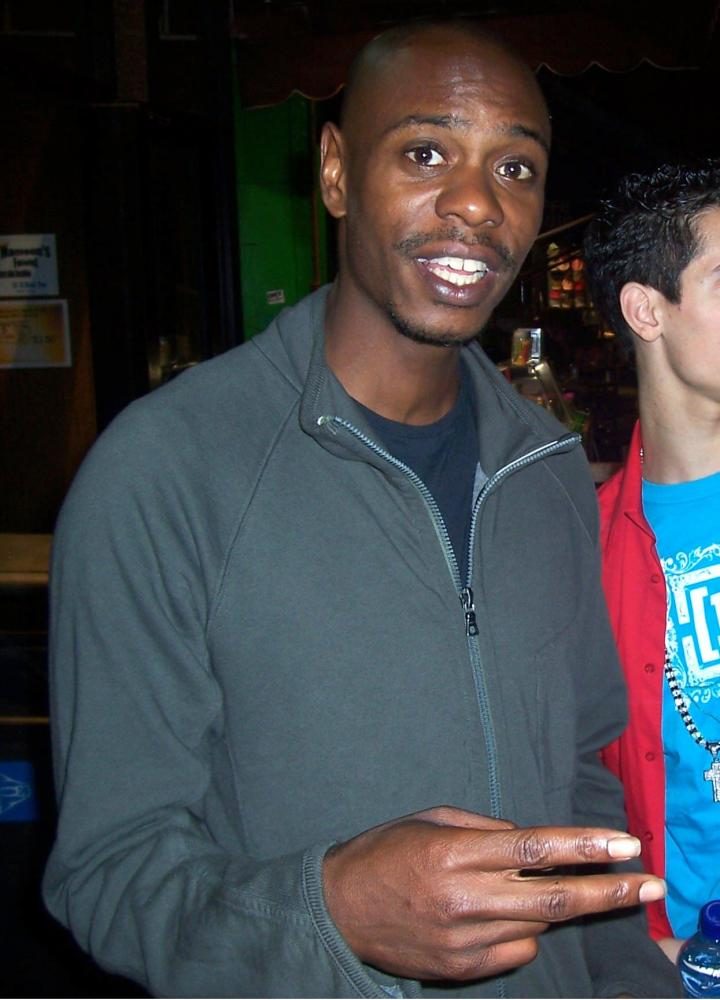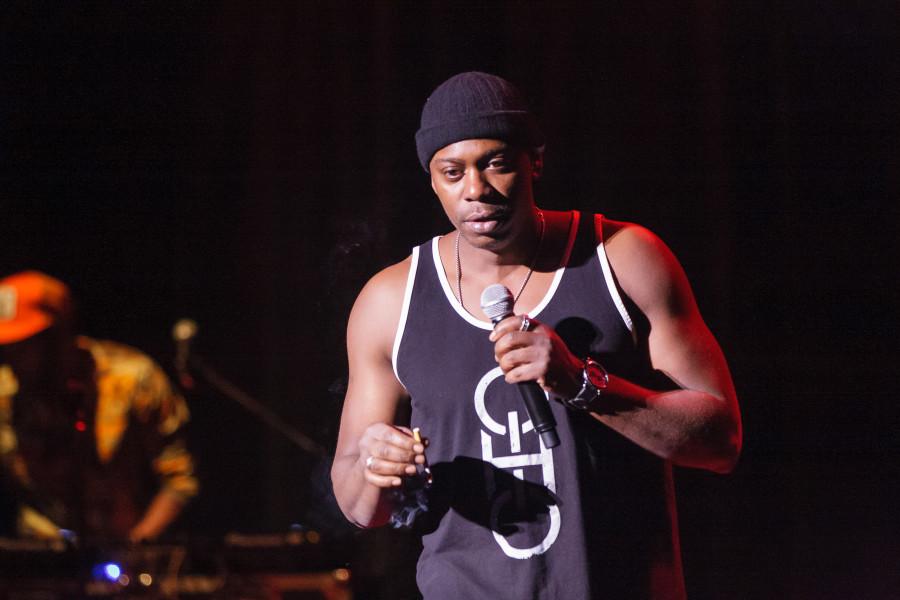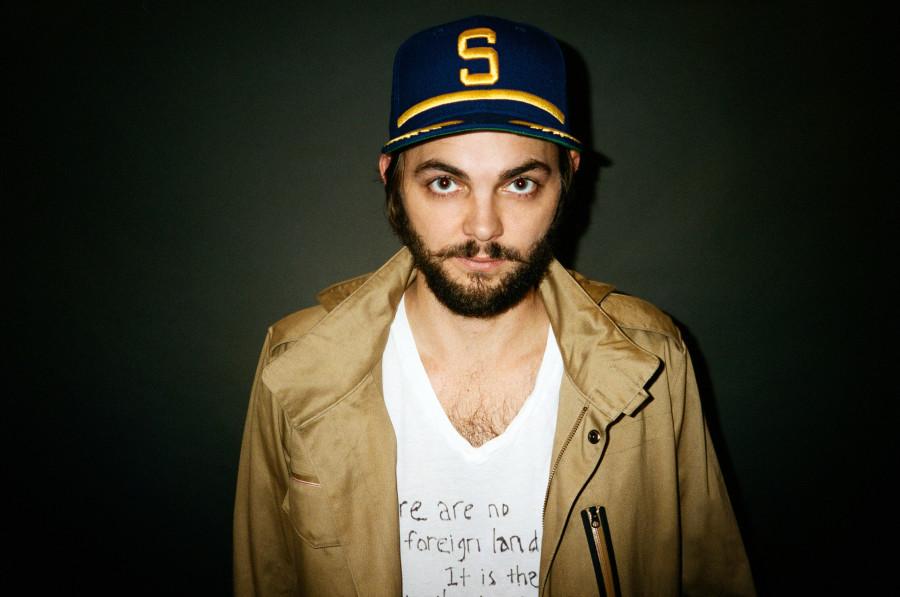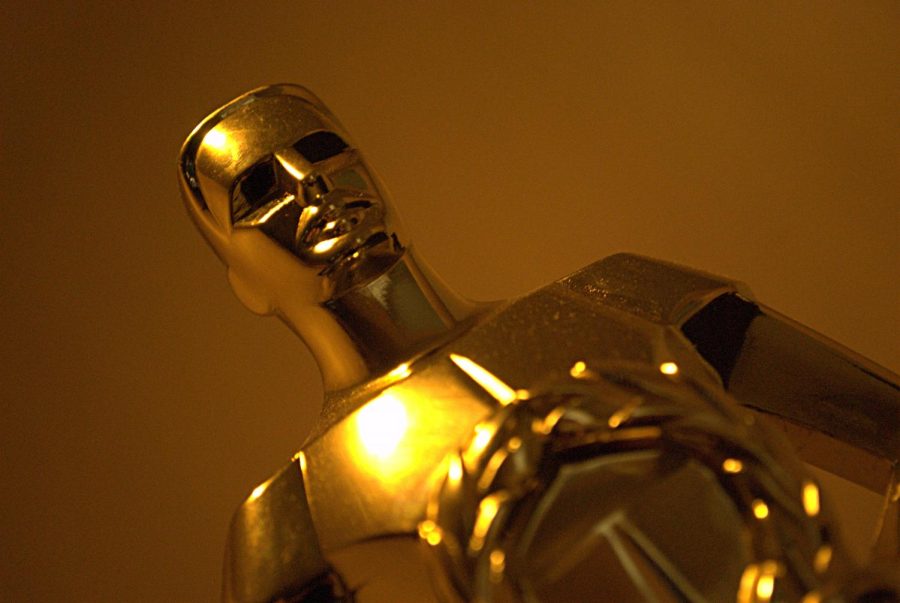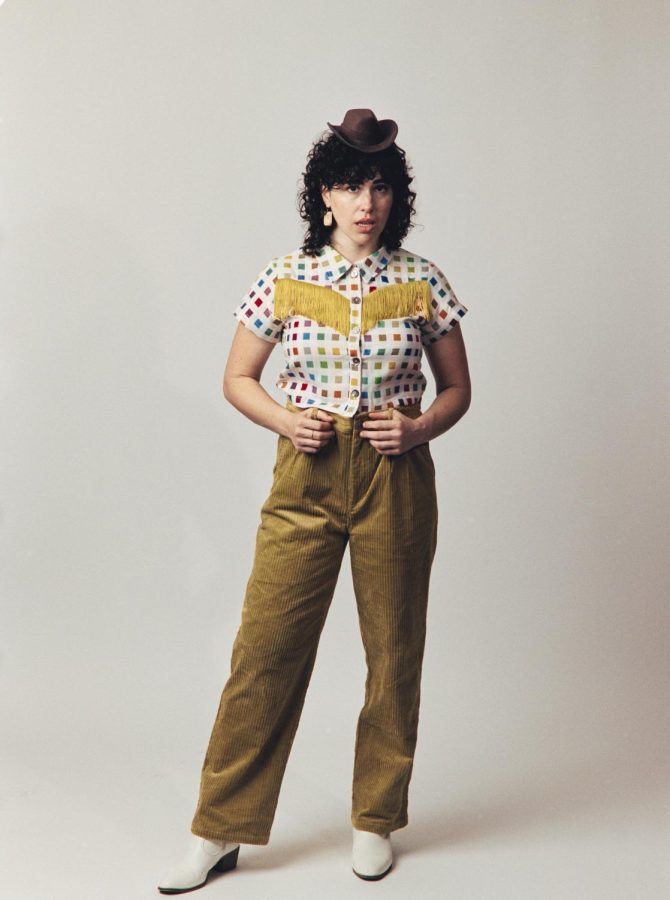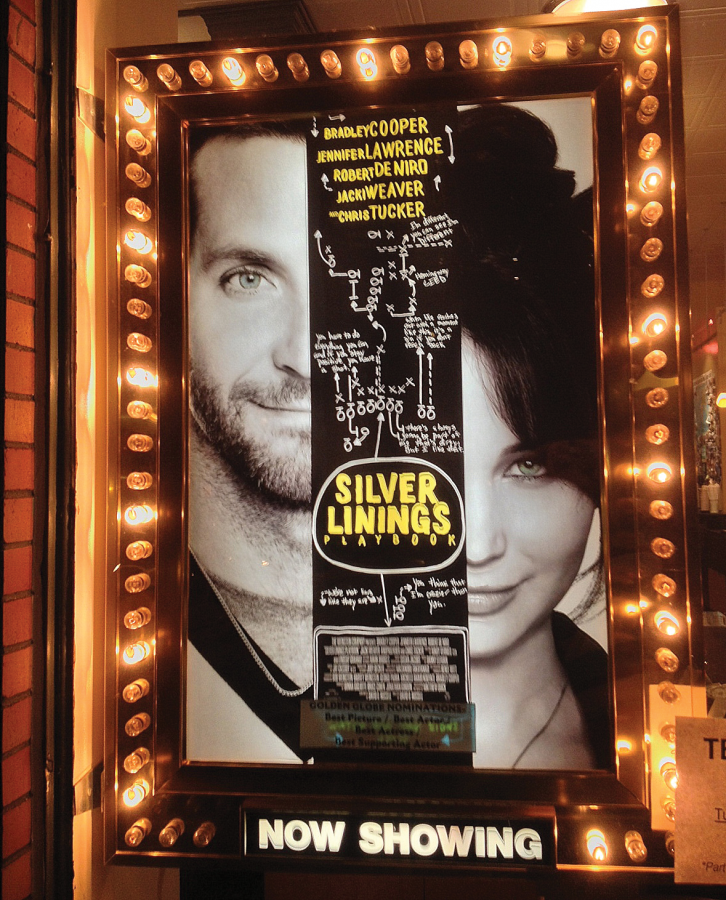When Dave Chappelle released the first of his two Netflix comedy specials, “The Age of Spin,” I was both excited and wary. After all, it had been a very long time since the comedian put out any kind of recorded program.
One of Chappelle’s greatest assets has always been his ability to strike a unique tone in his stand-up. His casual nature has allowed him to talk about topics that might seem too goofy for an amazing comedian.
This is not to say Chappelle never touches on serious topics; some of the staples of his material have always been race, inequality and other contemporary issues. But his nonchalant attitude has always made his silly, quirky viewpoints fit right into the stories he tells. He has the ability to sound less like a professional comedian on stage, and more like a hilarious best friend saying stupid stuff for laughs. And for this, a lot of people loved him.
But context is important for comedy, and over time context will change. This much was evident in Louis C.K.’s recent special.
I was worried that the time away would have either changed Chappelle, or wouldn’t allow him to immediately pick up where he left off before the break. I thought that an older, richer, more mature Chappelle would lack the youthful charisma and energetic goofiness that fueled his earlier success. But when I started to watch “The Age of Spin,” it was like my foolish friend had returned.
Chappelle was as raunchy as usual during his set, and his material bounced from topic to topic. As usual, race is an underlying concept for almost all of the jokes.
He talks about O.J. Simpson, his life in Hollywood and more. The most noteworthy part of his special comes when he talks about even more provocative topics, such as rape and transgender people.
While many in the audience and at home might find these topics and the jokes that Chappelle makes offensive, it becomes clear that the comedian’s real purpose of this set is to target outrage culture. If not to make fun of them, then to at least make them reckon for self-awareness.
Throughout the special, Chappelle’s brilliant storytelling ability is evident. For example, the entire set of material is loosely directed around the four times in his life he met O.J. Simpson.
He also wades into material about Bill Cosby and other controversial figures. It is a fun set of material, with Chappelle’s lightly-crafted anecdotes mostly allowing him to land these comically offensive punchlines and viewpoints.
For a man who became maybe as famous for his absence as his career, “The Age of Spin” was a refreshing confirmation of what a lot of comedy fans had been hoping to see. Chappelle’s still got it.

